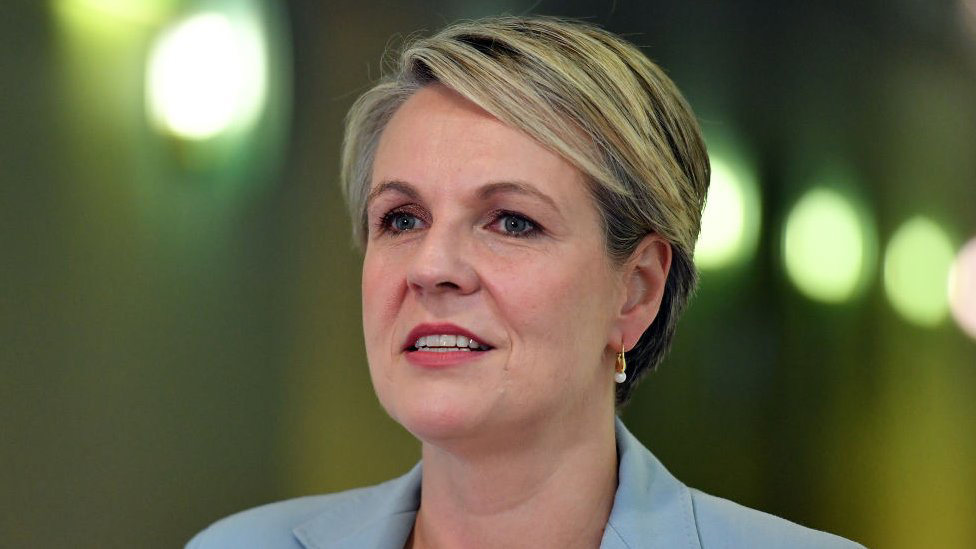Latest reports suggest that the Australian government has approved a new coalmine development for the first time since it was elected in 2022.
Tanya Plibersek, the federal environment minister had on Thursday, this week, indicated that she would give the green light to the Isaac River coalmine in Queensland’s Bowen basin.
To be developed by Bowen Coking Coal, the mine is planned for 28km east of Moranbah, next to five other coalmines, and expected to produce about 500,000 tonnes of metallurgical coal a year for five years. Metallurgical coal, also known as coking coal, is used in steelmaking.
“The Albanese government has to make decisions in accordance with the facts and the national environment law – that’s what happens on every project, and that’s what’s happened here,” a spokesperson for Plibersek was quoted as saying.
“Since the election we’ve doubled renewable energy approvals to a record high, “the spokesperson added. “The government will continue to consider each project on a case-by-case basis, under the law.”
Read also: Study shows Africa gets low investment in renewable energy finance
The government said no submissions had been received about the project during the public consultation period, including from environment groups. However, climate campaigners had made public statements calling on Plibersek to reject the mine in line with scientific advice that no new fossil fuel developments should go ahead if the world is to limit global heating to 1.5C.
“Scientists, energy and climate experts have said that the climate cannot afford new coalmines, and they’ve said it so many times I’ve lost count,” said Rod Campbell, research director at the Australia Institute.
Speaking further, he said “The fact that this is a small coking coalmine is beside the point – fossil carbon needs to stay in the ground. We’ve already got more than enough coalmines approved to cook the planet, including coking coalmines that could run into next century,”.
The announcement comes a week after Plibersek cancelled two coal projects whose applications had lapsed. Dr Coral Rowston, the director of EnvA (Environmental Advocacy) CQ, a grassroots group in central Queensland, said the project would clear 131 ha of endangered koala habitat and 120 ha of endangered greater glider habitat.
Story was adapted from the Guardian.
